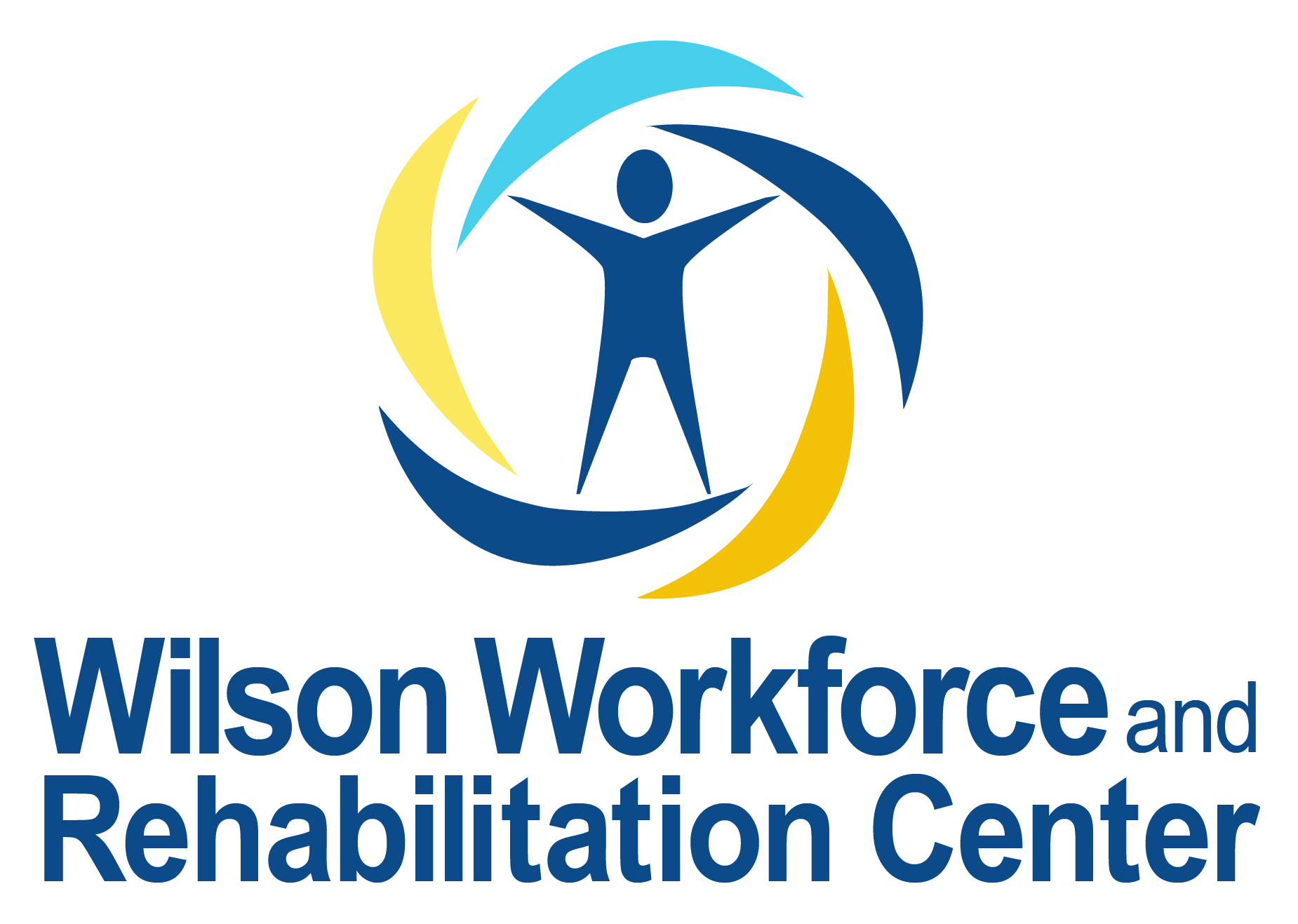Introduction
The WWRC Vocational Training Department is committed to continuous quality improvement of its vocational training programs and workforce and education support services, as demonstrated through formal focus group engagement of students during their enrollment, the gathering of satisfaction data from students at time of exit, collaboration with DARS/DRS in facilitating successful transitions back to the home community post WWRC exit, and, through defined follow-up business processes conducted at identified intervals post-exit from WWRC.
Employment outcome and satisfaction data is analyzed and reported in a variety of ways depending on regulatory and governing bodies' requirements. The number of variables collected allows for ad hoc analysis using advanced statistical processes. Program and client follow-up data is utilized for continuous quality reviews at program and departmental levels as well as for development of systemic Agency program evaluation/strategic planning initiatives.
This written plan targets business processes specific to Standards and Criteria published by the Council on Occupational Education (COE) in its Handbook of Accreditation.
Responsibility for Coordination of Follow-Up Activities
Follow-up business processes vary based on the requirements of the requesting accreditation, regulatory, or governing body. The WWRC Lead Program Evaluation (PE) Analyst, reporting to the WWRC Director, is accountable for administration, management, and oversight of these diverse business processes to ensure data integrity as well as to ensure integration of business processes within the DARS/DRS system and consistent with WWRC's Performance Management System.
For purposes of COE accreditation, an assigned WWRC Accreditation and Licensure Specialist/Designee is responsible for coordination of all vocational training follow-up activities, including data collection, analysis, and report preparation/dissemination, in consultation with the WWRC Lead Program Evaluation (PE) Analyst and as directed and monitored by the Career and Workforce Development Division (CWDD) Director.
COE Standard 3 Data Collection – Process & Function
A. Completers
The assigned Vocational Training Department Accreditation and Licensure Specialist tracks and monitors all program completers to record their employment status one year following their graduation. The required information is obtained by receiving a monthly/quarterly data extract from AWARE, conducted by Lead Program Evaluation (PE) Analyst, that contains employment information entered by each student's Department for Aging and Rehabilitative (DARS), Division of Rehabilitative Services (DRS) Rehabilitation Counselor. If, for some reason the information is not complete, the Accreditation and Licensure Specialist will contact the DRS Rehabilitation Counselor or the student to obtain the necessary employment information. Utilization of combined Agency resources to collect employment outcome data allows the department to maximize number of former student employment outcomes able to be documented in any given year. All graduates are asked to sign a release authorizing consent to contact them (and their employer, as relevant) for follow-up at time of program exit.
B. Employers of Completers
WWRC's Accreditation and Licensure Specialist does not follow-up directly with the graduates' employers. Employer follow-up during a graduate's first ninety (90) days of employment is the responsibility of the graduate's DRS Rehabilitation Counselor and/or assigned DRS Placement Counselor. Their findings are recorded as case notes in AWARE and are available to users of AWARE which includes WWRC, as a division of the Virginia DARS Agency.
Informal employer feedback is routinely obtained through the External Training Option Program (in which employers serve as community-based trainers) and through the Student Internship Program (in which employers serve as business mentors). Informal employer feedback is also obtained through Institutional and Occupational Advisory Committee members who represent business/industry and have hired WWRC training program graduates. This allows WWRC to continuously review employer satisfaction with training programs and relevance to job requirements.
COE Standard 3 Data Analysis, Dissemination, & Use
Completion and outcome data that the Accreditation and Licensure Specialist receives from the Lead Program Evaluation (PE) Analyst is used to compile the final CPL form/report. This information is compared with other internal/external agency reports pertaining to Vocational Training outcomes. This information is shared with the Training Department administrators and instructional staff several times during the year. The reports can be used for several purposes, including improving program effectiveness for various modes of instructional delivery, to study curricula relevance to job requirement, and to improve the quality of program outcomes.
The Vocational Training Department administration and instructional staff receive quarterly reports, as part of WWRC's Performance Management system. Data is shared by program/course offering, and at an aggregate departmental level. Trending outcome data is shared with Occupational Advisory Committees to identify areas for curricular enhancements and relevance to job requirements. The assigned Accreditation & Licensure Specialist is accountable for preparation and dissemination of timely and accurate written follow-up reports. Graduate employment outcome data is also reported at organization and Agency levels to measure success against targeted performance metrics.
Coordination of Placement and Follow-Up Services
As described in WWRC's Written Plan for Placement, Rehabilitation team members, including the student, his/her natural support system, and internal and external partners, are each mutually accountable for successful employment outcomes. Team members are encouraged to share outcome information with others, including the vocational training department Accreditation & Licensure Specialist/Designee and the Lead Program Evaluation (PE) Analyst, that they may learn through informal communications with persons served post-graduation. It is not unusual for former graduates to contact former Instructors and Rehabilitation Counselors directly through e:mail, letters, or (un)planned visits to WWRC to share their accomplishments and/or relate a "success story". This further enhances WWRC's ability to document its impact on persons served in terms of employment outcomes.

